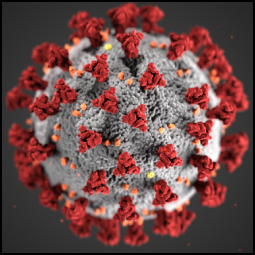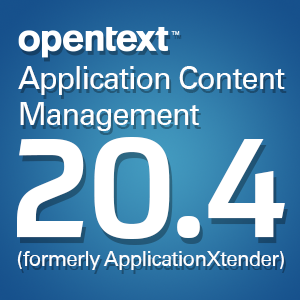Columbia Valley Community Health embraces paperless processes
Monday, June 23, 2014Columbia Valley Community Health in Wenatchee, Washington, has transitioned to paperless forms for many of their patients, making multiple processes in the the hospital faster and easier.
“Implementing web-based charge write-off requests eliminates a paper chase, ensures each request goes through a consistent process, and enables us to help patients more quickly through our Helping Hands Fund,” Marc Paskett, enterprise content manager at CVCH said. “It has saved a lot of time and effort.”
Many of the paper forms patients once had to sign, according to Virtual-Strategy Magazine, have been converted to digital files. A web-based content management service now allows all forms to be signed and stored in one place. For compliance reasons patients had to sign forms along with a witness and the provider. Now liability in the case of an audit has been reduced because of the easy-access forms now stored online.
Additionally, the “Helping Hands Fund,” which provides patients with financial assistance for procedures they can’t normally afford, was often difficult for patients to access. The process often delayed by paperwork and various other obstacles has been streamlined with the introduction of electronic forms. The form can be retrieved anytime, from any device by the staff. When it is filled out it is automatically sent to a committee member who will review and respond to the request.
Federal financial incentives and operational efficiency have lead health care centers across the country to look into going paperless according to Healio. A study published in the New England Journal of Medicine and cited by Healio found that 93 percent of physicians with fully functional paperless systems were pleased with switching to electronic health records.
The transition provided these physicians with better access to medical records, prescription refills and patients. Additionally medical errors were reduced and the quality of clinical decisions increased. This according to a separate survey of 2,758 physicians by the New England Journal of Medicine.




